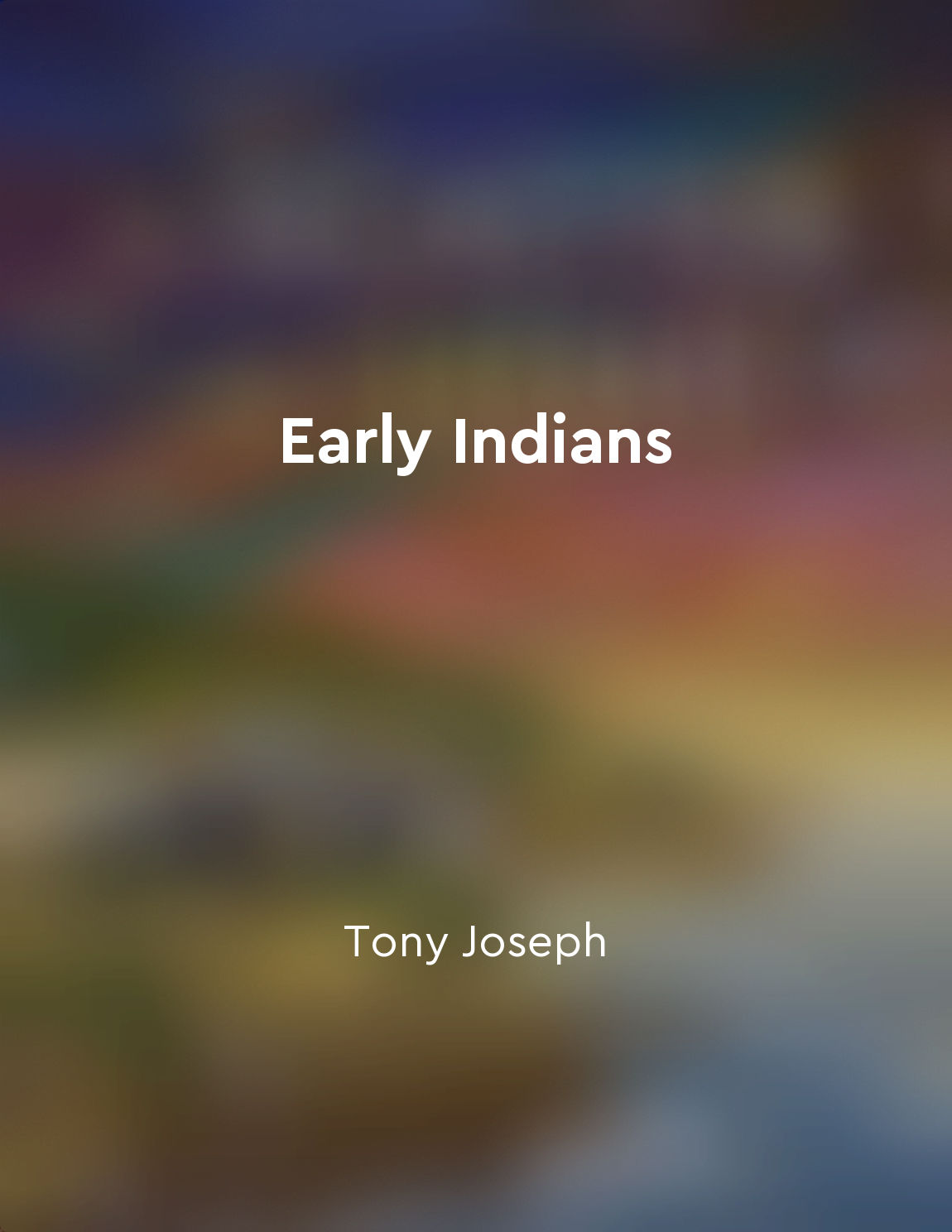The caste system played a significant role in Indian society from "summary" of A History of India by Romila Thapar
The caste system, an institution deeply rooted in Indian society, has had a profound impact on various aspects of life in the subcontinent. Originating from ancient texts such as the Rig Veda, the caste system was initially conceptualized as a division of labor based on one's varna, or occupation. Over time, this system evolved into a complex social hierarchy that determined not only one's occupation but also social status, interactions, and opportunities. Each caste was assigned specific duties and responsibilities, with the Brahmins at the top as priests and scholars, followed by the Kshatriyas as warriors and rulers, Vaishyas as traders and farmers, and Shudras as laborers and service providers. Below these varnas were the Dalits, or untouchables, who were considered so impure that they were excluded from the caste system altogether. This rigid hierarchy was not only based on occupation but also on birth, with little to no social mobility between castes. The caste system permeated all aspects of Indian society, from marriage and social interactions to religious practices and politics. Inter-caste marriages were frowned upon, and individuals were expected to adhere to the customs and traditions of their caste. Discrimination against lower castes, particularly the Dalits, was widespread, with practices such as untouchability and segregation being common. Despite efforts to abolish the caste system, such as by social reformers like Jyotirao Phule and B. R. Ambedkar, its influence remains deeply ingrained in Indian society. Even today, caste-based discrimination and inequalities persist, particularly in rural areas where traditional customs are still upheld. The caste system continues to shape social relationships, economic opportunities, and political dynamics in India, making it a significant factor in understanding the country's social fabric and history.Similar Posts
Emphasis on holistic development of Scheduled Castes communities
The holistic development of Scheduled Castes communities is crucial for their overall well-being and progress. This concept inv...
Sanskrit language has played a significant role in Indian history
Sanskrit, one of the oldest languages in the world, holds a special place in Indian history. It has been a language of great im...

Genetics and language shed light on Indian origins
The study of genetics and languages has provided valuable insights into the origins of the Indian population. By analyzing the ...
Conclusion on the importance of addressing inequalities faced by Scheduled Castes
The issue of addressing inequalities faced by Scheduled Castes is crucial for achieving true social justice and equality in Ind...
The caste system affects individuals' opportunities and experiences
The entrenched societal hierarchy known as the caste system exerts a powerful influence over the lives of individuals, shaping ...
India's ancient history is rich with cultural achievements
India's ancient history is a treasure trove of cultural accomplishments that have left an indelible mark on the world. The hist...
Analysis of educational opportunities for Scheduled Castes
The analysis of educational opportunities for Scheduled Castes is crucial in understanding the challenges and barriers they fac...
